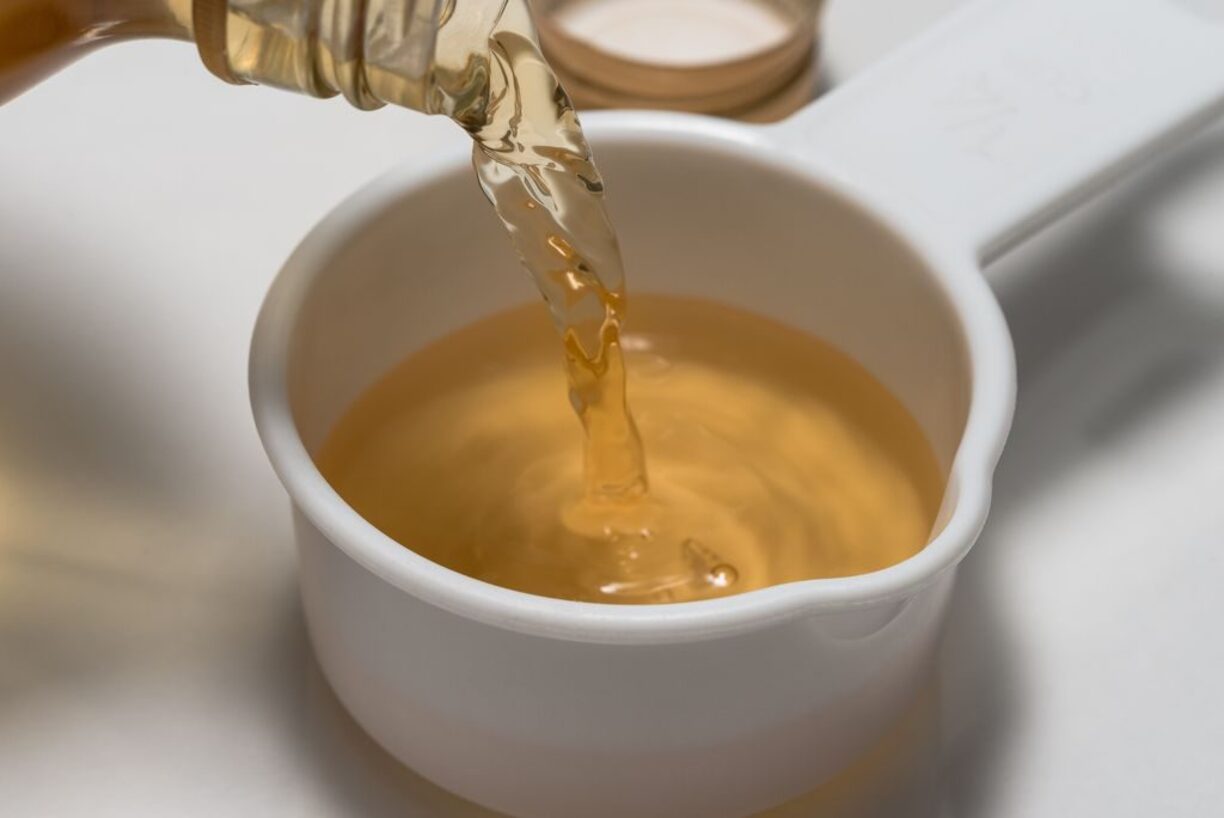

Articles
How To Store White Wine Vinegar
Modified: December 7, 2023
Learn the best methods for storing white wine vinegar in this informative article. Discover tips to maintain its quality and enhance your culinary creations.
(Many of the links in this article redirect to a specific reviewed product. Your purchase of these products through affiliate links helps to generate commission for Storables.com, at no extra cost. Learn more)
Introduction
White wine vinegar is a versatile ingredient with a multitude of culinary uses. It adds a tangy and bright flavor to dressings, marinades, and sauces, making it a staple in many kitchens. However, to ensure that your white wine vinegar remains fresh and retains its quality, proper storage is crucial.
By following some simple steps, you can ensure that your white wine vinegar stays at its best for an extended period. In this article, we will explore the importance of choosing the right container, optimal storage conditions, avoiding exposure to light and heat sources, the importance of proper sealing, storing in a cool and dry place, the shelf life of white wine vinegar, signs of spoilage, and tips for extending its shelf life.
So, let’s dive in and learn how to store white wine vinegar properly to maintain its freshness and flavor!
Key Takeaways:
- Proper storage of white wine vinegar is crucial for maintaining its freshness and flavor. Choose glass containers, store in a cool, dark place, and ensure a tight seal to preserve its quality.
- Keep an eye out for signs of spoilage, such as unusual odor, color, or growth. By following proper storage guidelines, you can extend the shelf life of white wine vinegar and enjoy its delicious flavor in your culinary creations.
Read more: How To Store White Wine
Choosing the Right Container
When it comes to storing white wine vinegar, the choice of container plays a significant role in maintaining its quality. It is advisable to use a container made of glass, such as a glass bottle or jar, as it is non-reactive and does not affect the flavor or quality of the vinegar. Glass containers also provide a barrier against external elements, such as air and light, which can lead to spoilage.
Avoid using containers made of plastic or metal, as they can react with the vinegar and alter its taste. Additionally, plastic containers may absorb odors and flavors from other substances stored in them, compromising the quality of the vinegar.
When selecting a container, opt for one with a tight-fitting lid or cork stopper. This ensures that the vinegar is properly sealed, preventing any air from entering and oxidizing the vinegar. An airtight seal is essential in maintaining the integrity of the vinegar, preserving its flavor and preventing it from spoiling.
It is also advisable to choose a container size that matches your usage. Smaller containers are recommended if you frequently use white wine vinegar, as they allow you to open and close the container less frequently, minimizing air exposure and maintaining freshness. However, if you only use white wine vinegar occasionally, a larger container can be suitable as long as it has a proper seal to prevent oxidation.
By choosing the right container for your white wine vinegar, you can ensure that it remains fresh and flavorful throughout its storage period.
Optimal Storage Conditions
To maintain the quality of white wine vinegar, it is crucial to store it under optimal conditions. The following guidelines will help you ensure the longevity of your vinegar:
- Temperature: White wine vinegar should be stored at a moderate temperature. Ideally, it should be kept in a cool place, away from extreme heat or cold. Fluctuations in temperature can affect the vinegar’s flavor and stability, so it is best to store it in a consistently cool environment.
- Humidity: While white wine vinegar is not as sensitive to humidity as some other food products, it is still recommended to store it in a dry environment. Excessive moisture can lead to the growth of bacteria or mold, which can spoil the vinegar.
- Air Exposure: White wine vinegar should be kept away from excessive air exposure. Oxygen can cause oxidation, which can lead to a decrease in quality and flavor. Make sure that the container is properly sealed, and try to minimize unnecessary opening and closing of the container.
By maintaining the optimal storage conditions for your white wine vinegar, you can preserve its flavor and quality for an extended period.
Avoiding Exposure to Light
Light can have a detrimental effect on the quality of white wine vinegar. When exposed to light, the vinegar’s flavor can be altered, and its color may darken over time. To prevent this, it is essential to store white wine vinegar in a dark or opaque container that shields it from light.
When selecting a container, opt for one that is made of dark-colored glass or other materials that offer UV protection. This will help to block out harmful light rays and maintain the vinegar’s integrity. Avoid transparent or clear containers, as they allow light to penetrate which accelerates the degradation process.
In addition to using the right container, it is also crucial to store the vinegar in a dark storage area. Keep it away from direct sunlight or bright overhead lights that can cause unnecessary exposure. Choose a pantry or cupboard that is shielded from light sources and maintain a consistent darkness to preserve the quality of the vinegar.
By avoiding exposure to light, you can ensure that your white wine vinegar retains its original flavor, color, and quality.
Keeping Away from Heat Sources
Heat can have a detrimental effect on the quality and longevity of white wine vinegar. Exposing it to high temperatures can lead to changes in flavor, color, and overall deterioration. To ensure the optimal preservation of your vinegar, it is important to keep it away from heat sources.
Avoid storing white wine vinegar near stovetops, ovens, or other appliances that generate heat. The heat generated from these sources can accelerate the oxidation process and degrade the quality of the vinegar. Additionally, avoid placing the vinegar near radiators or in direct sunlight, as they can also expose it to excessive heat.
Instead, choose a cool and dry place in your kitchen or pantry where the temperature remains relatively constant. A temperature range between 50°F (10°C) and 70°F (21°C) is considered ideal for preserving the flavor and freshness of white wine vinegar. By keeping it away from heat sources, you can ensure that the vinegar remains stable and maintains its quality.
Remember, heat can not only affect the flavor of the vinegar but also lead to a decrease in its acidity level. This can impact its use and compatibility in recipes. By storing it properly, you can preserve the vinegar’s intended characteristics.
Read more: How To Store Red Wine Vinegar
Importance of Proper Sealing
The proper sealing of white wine vinegar is crucial in maintaining its quality and preventing spoilage. When vinegar is exposed to air, it undergoes oxidation, which can lead to changes in flavor, aroma, and overall deterioration.
When selecting a container for white wine vinegar, it is important to choose one with a tight-fitting lid or cork stopper. This ensures a secure seal that minimizes air exposure. Avoid using containers with loose or damaged lids that may allow air to enter and negatively impact the vinegar.
Proper sealing also helps to prevent the growth of bacteria, mold, and other contaminants. These can thrive in the presence of oxygen and moisture, leading to spoilage. By tightly sealing the vinegar, you create an inhospitable environment for these harmful microorganisms.
To ensure a proper seal, check the lid or cork regularly for any signs of damage or wear. Replace them if necessary to maintain an airtight seal. Additionally, when opening the container, do so gently and avoid leaving it open for extended periods. This minimizes unnecessary exposure to air and helps preserve the vinegar’s freshness.
Remember, even the highest quality vinegar can lose its flavor and quality if not properly sealed. By paying attention to the sealing of your white wine vinegar, you can extend its shelf life and enjoy its full potential in your culinary endeavors.
Store white wine vinegar in a cool, dark place, away from direct sunlight and heat sources. Keep it tightly sealed to prevent oxidation and maintain its flavor. Avoid storing it near strong-smelling items as it can absorb odors.
Store in a Cool and Dry Place
When it comes to storing white wine vinegar, a cool and dry place is the key to maintaining its freshness and quality. Both temperature and humidity play crucial roles in preserving the integrity of the vinegar.
Exposure to high temperatures can accelerate the degradation process of white wine vinegar, leading to changes in flavor, color, and overall quality. It is important to store the vinegar in a location away from sources of heat, such as stoves, ovens, or direct sunlight. Instead, opt for a cool area in your kitchen or pantry where the temperature remains relatively consistent.
Humidity can also impact the quality of white wine vinegar. Excessive moisture can create a breeding ground for bacteria and mold, leading to spoilage. It is essential to store the vinegar in a dry environment to prevent the growth of these harmful microorganisms. Avoid storing the vinegar near areas prone to high humidity, such as dishwashers or sinks.
Choosing a proper storage location is vital to ensuring that your white wine vinegar maintains its desired qualities. Consider placing it in a cabinet, pantry, or cellar where the temperature remains between 50°F (10°C) and 70°F (21°C). This moderate temperature range helps to slow down the degradation process and maintain the vinegar’s flavor and freshness.
Additionally, ensure that the storage area is well-ventilated to prevent the buildup of excessive moisture. Good airflow helps to maintain the vinegar’s stability and prevents the growth of bacteria and mold.
By storing white wine vinegar in a cool and dry place, you can prolong its shelf life, preserve its flavor, and enjoy its full potential in your culinary creations.
Shelf Life of White Wine Vinegar
The shelf life of white wine vinegar can vary depending on various factors, including the quality of the vinegar and how it is stored. When stored properly, white wine vinegar has a relatively long shelf life.
Unopened bottles of white wine vinegar, if stored in a cool and dark place, can maintain their quality for up to two years or even longer. However, it is important to check the expiry date printed on the bottle and use it within that timeframe to ensure optimal freshness and flavor.
Once opened, the shelf life of white wine vinegar may be slightly shorter. When exposed to air, oxidation can occur, leading to a gradual loss of quality over time. However, with proper storage, an opened bottle of white wine vinegar can typically last for six months to a year.
It is important to note that over time, white wine vinegar may undergo some changes in flavor and appearance. It may develop a cloudiness or sediment, which is natural and does not necessarily indicate spoilage. These changes do not affect the vinegar’s usability, and you can simply give the bottle a gentle shake before using it.
To ensure the longest possible shelf life for white wine vinegar, the aforementioned storage guidelines should be followed. Store it in a cool, dark, and dry place, away from heat sources and excessive air exposure to preserve its quality for as long as possible.
It is always a good practice to periodically check the aroma, taste, and appearance of vinegar, especially if it has been stored for an extended period. If you notice any signs of spoilage, such as an off-putting smell, unusual taste, or mold growth, it is best to discard the vinegar to maintain food safety.
By understanding the shelf life of white wine vinegar and taking proper storage precautions, you can ensure that your vinegar remains fresh and flavorful for an extended period.
Signs of Spoilage
White wine vinegar, like any other food product, can undergo spoilage over time. It is important to be aware of the signs that indicate the vinegar has gone bad. Here are some common signs of vinegar spoilage:
- Unpleasant Odor: One of the first indicators of spoiled vinegar is a strong and unpleasant odor. If the vinegar emits a pungent or off-putting smell, it is likely that it has spoiled. Trust your sense of smell; if it doesn’t smell right, it’s best to discard it.
- Change in Color: White wine vinegar should maintain its golden or pale yellow color. If you notice any significant changes in color, such as darkening or discoloration, it may indicate spoilage. Discoloration is often accompanied by changes in taste and aroma.
- Sediment or Growth: While sediment is a natural occurrence in vinegar, excessive sedimentation or the presence of unusual growth, such as mold or floating particles, is a clear sign of spoilage. If you notice any visible abnormalities, it is best to discard the vinegar.
- Unusual Taste: Spoiled white wine vinegar may have an off or rancid taste. If the vinegar tastes bitter, overly acidic, or has a strange, unpleasant flavor, it is an indication that it has gone bad. Trust your taste buds; if the taste is not right, it’s best to avoid consuming it.
It is important to note that the presence of any of these signs may vary depending on the severity of spoilage and the specific brand or type of white wine vinegar. Always use your senses of smell, sight, and taste as a guide to determine if your vinegar is still safe for consumption.
If you suspect that your white wine vinegar has spoiled, it is best to err on the side of caution and discard it. Consuming spoiled vinegar can lead to food poisoning or digestive issues, so it is better to be safe than sorry.
By being aware of the signs of vinegar spoilage, you can ensure that you are using fresh and safe white wine vinegar in your culinary creations.
Read more: How To Clean A Kettle With White Vinegar
Tips for Extending Shelf Life
To extend the shelf life of white wine vinegar and ensure that it remains fresh and flavorful, here are some useful tips:
- Choose Quality Vinegar: Start with a high-quality white wine vinegar. Quality vinegar is less likely to spoil quickly and will maintain its flavor and integrity for a longer period.
- Proper Storage: Store your white wine vinegar in a cool, dark, and dry place. Keep it away from heat sources, sunlight, and excessive air exposure. The ideal storage temperature is between 50°F (10°C) and 70°F (21°C).
- Tightly Seal the Container: Ensure that the container is tightly sealed after each use. This helps to prevent air from entering and oxidizing the vinegar. Avoid leaving the bottle or container open for extended periods.
- Avoid Contaminants: To avoid introducing contaminants, always use clean and dry utensils when handling white wine vinegar. Avoid sticking dirty or wet spoons or other utensils into the bottle, as this can introduce moisture and potential contaminants.
- Keep Away from Strong Odors: Store white wine vinegar away from strong-smelling substances, as it can absorb odors. This helps to maintain the vinegar’s original flavor and aroma.
- Use Transparent Containers: If possible, store your white wine vinegar in a dark or opaque container that shields it from light. This helps to minimize light exposure, which can deteriorate the quality of the vinegar.
- Label and Date: If you transfer your white wine vinegar to a different container, make sure to label it with the date of transfer. This helps you keep track of how long the vinegar has been stored and ensures you use the oldest vinegar first.
- Proper Handling: Avoid shaking the vinegar vigorously, as this can introduce unnecessary air into the bottle. Instead, gently swirl the bottle before use to redistribute any settled sediments.
- Check for Spoilage: Regularly inspect the vinegar for any signs of spoilage, such as an odd odor, discoloration, excessive sediment, or off-taste. If any of these signs are present, it’s best to discard the vinegar.
By following these tips, you can extend the shelf life of your white wine vinegar and ensure that it remains fresh, flavorful, and safe to use in your culinary endeavors.
Conclusion
Properly storing white wine vinegar is essential for preserving its freshness, flavor, and quality. By following a few simple guidelines, you can ensure that your vinegar remains at its best for an extended period.
Choosing the right container, such as a glass bottle with a tight-fitting lid, is the first step in proper storage. Glass containers are non-reactive and provide a barrier against external elements. Avoid plastic or metal containers that can affect the vinegar’s taste and quality.
Optimal storage conditions, including a cool and dry place, help maintain the vinegar’s stability. Keep it away from heat sources and excessive humidity, which can lead to spoilage. And remember, white wine vinegar should be shielded from light to prevent oxidation. It is best to store it in a dark or opaque container.
Ensuring a proper seal on the vinegar container is vital to preventing air exposure. Airtight seals minimize oxidation and the growth of harmful microorganisms. Check the lid or cork regularly for any signs of damage and replace them if necessary.
Storing white wine vinegar in a cool and dry location with minimal exposure to light and heat sources helps maintain its quality. Remember to use the oldest vinegar first by labeling containers with the date of transfer.
Keep an eye out for signs of spoilage, such as an unpleasant odor, unusual color, or growth. Trust your senses and discard vinegar that shows these signs to ensure safety and optimal taste in your dishes.
By implementing these storage practices and following the recommended tips, you can extend the shelf life of your white wine vinegar and enjoy its delicious flavor in a wide range of culinary creations.
Now that you have a comprehensive understanding of how to store white wine vinegar, you can confidently keep it fresh and maximize its potential in your recipes. Cheers to delicious vinegary adventures!
Frequently Asked Questions about How To Store White Wine Vinegar
Was this page helpful?
At Storables.com, we guarantee accurate and reliable information. Our content, validated by Expert Board Contributors, is crafted following stringent Editorial Policies. We're committed to providing you with well-researched, expert-backed insights for all your informational needs.
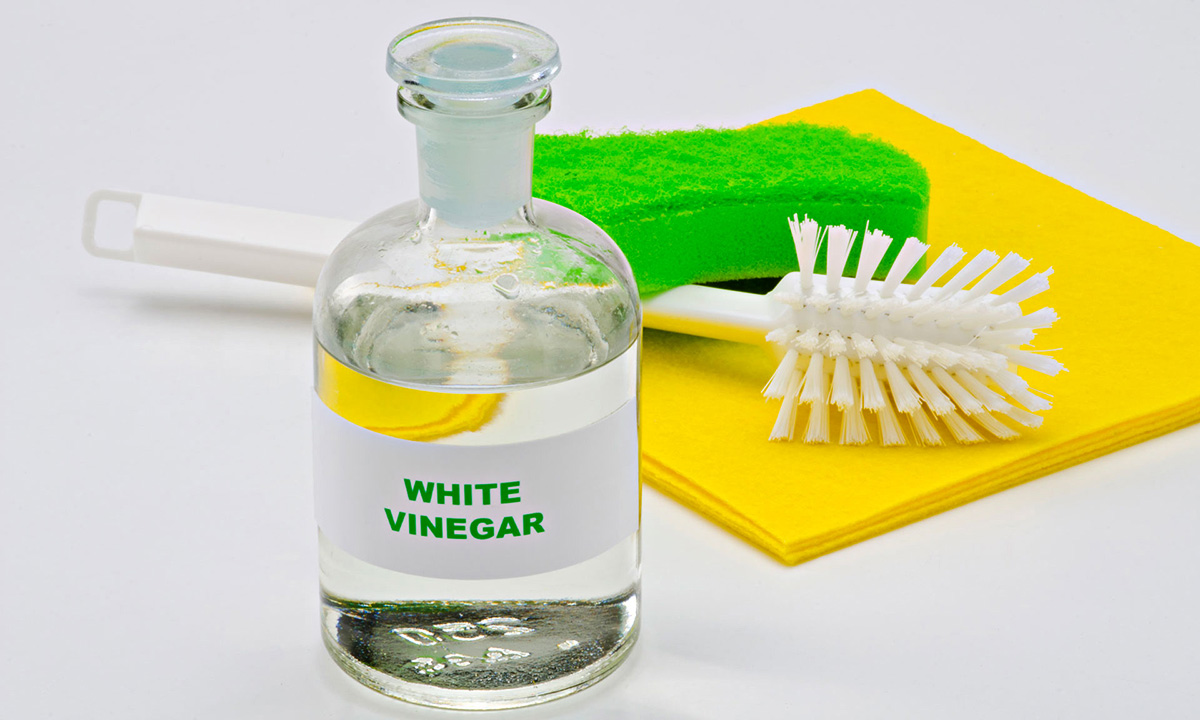
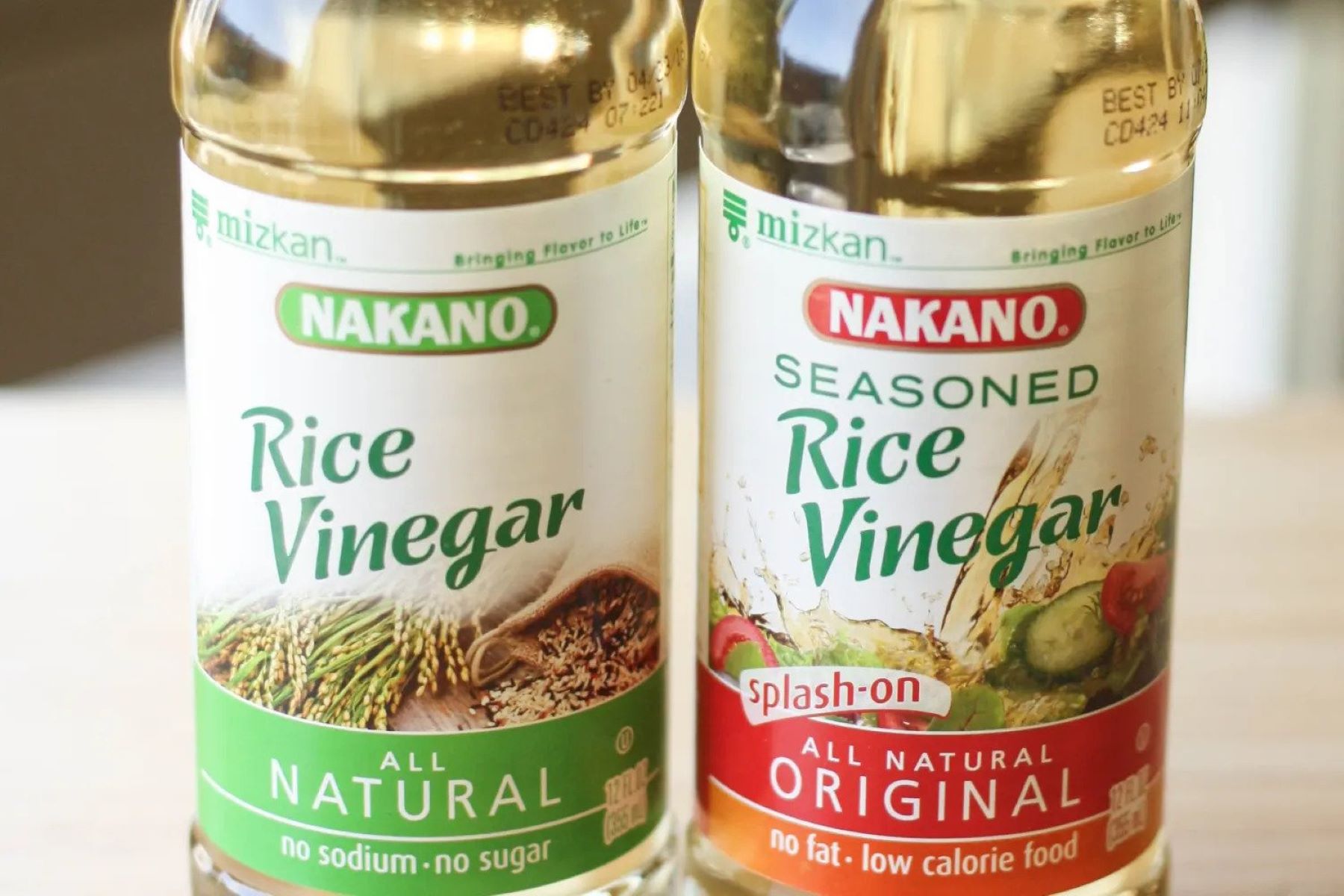
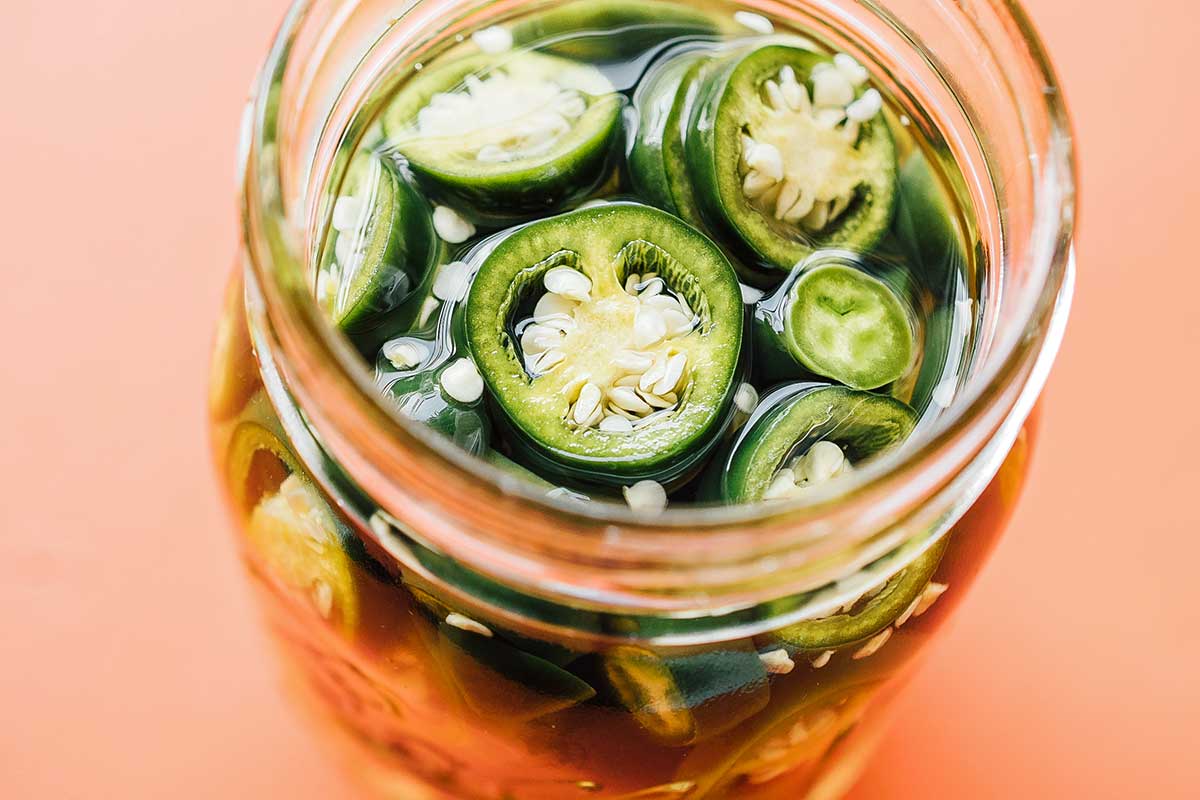


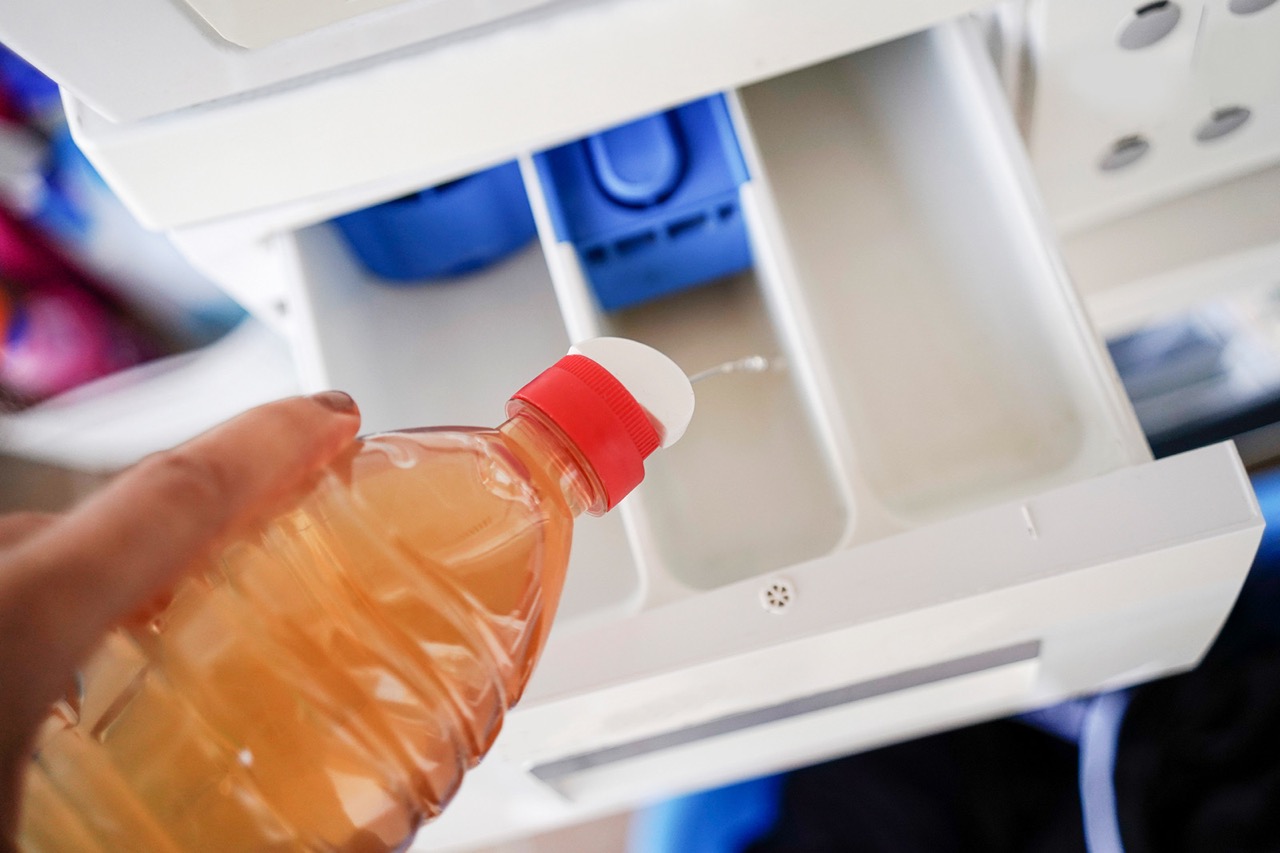
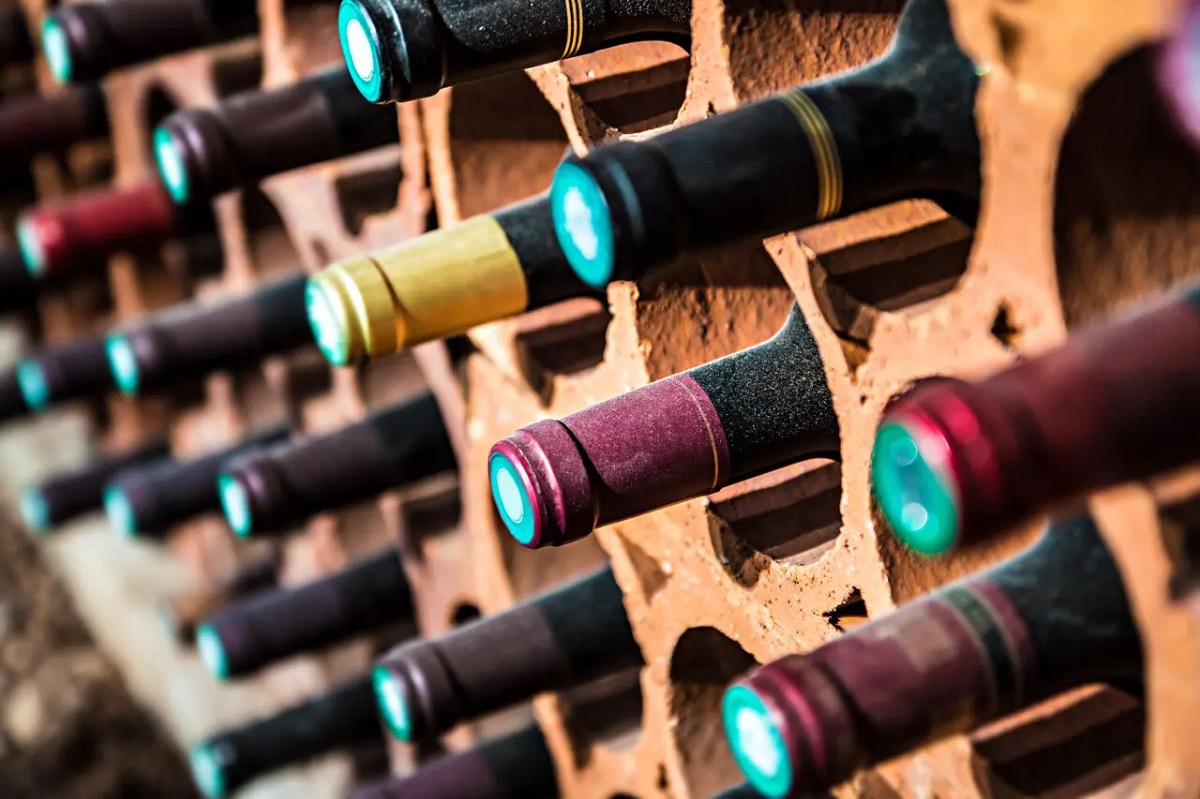
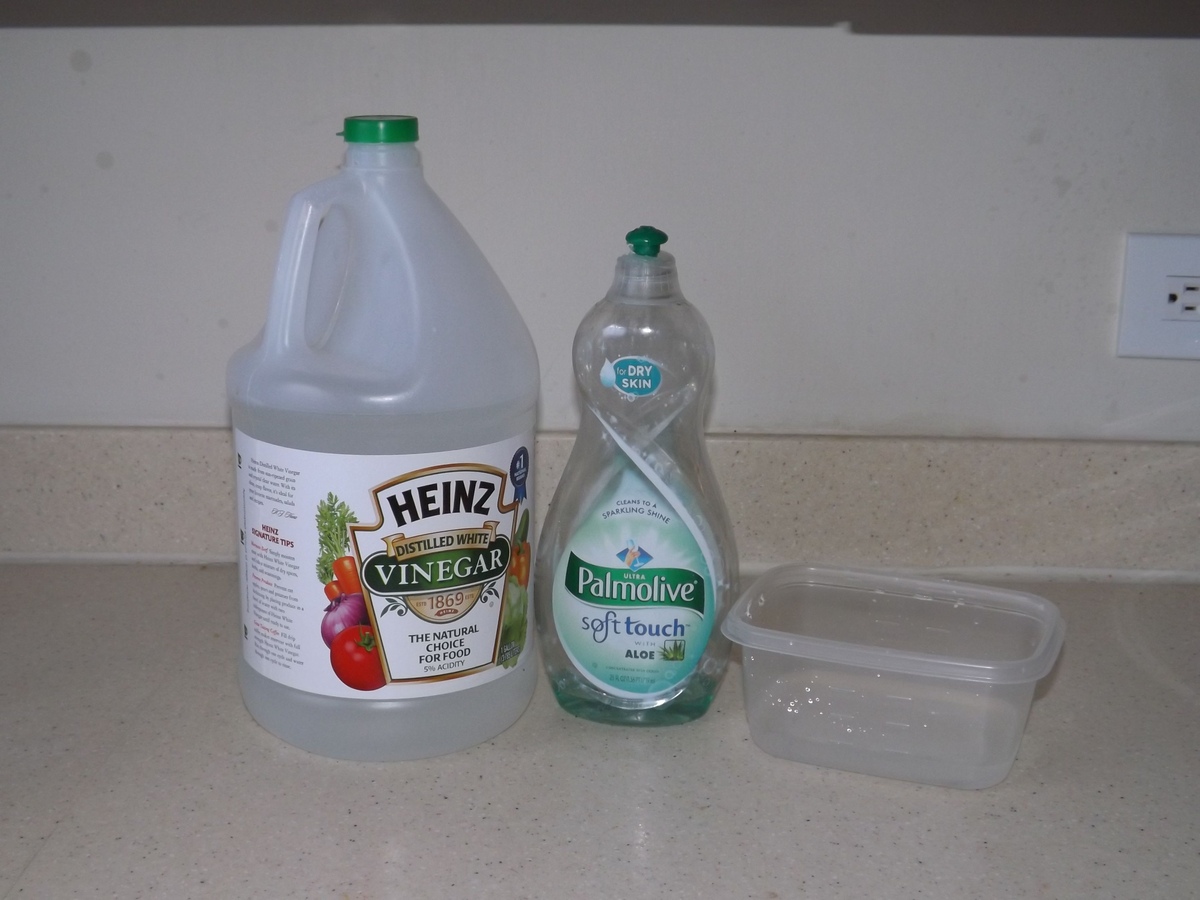


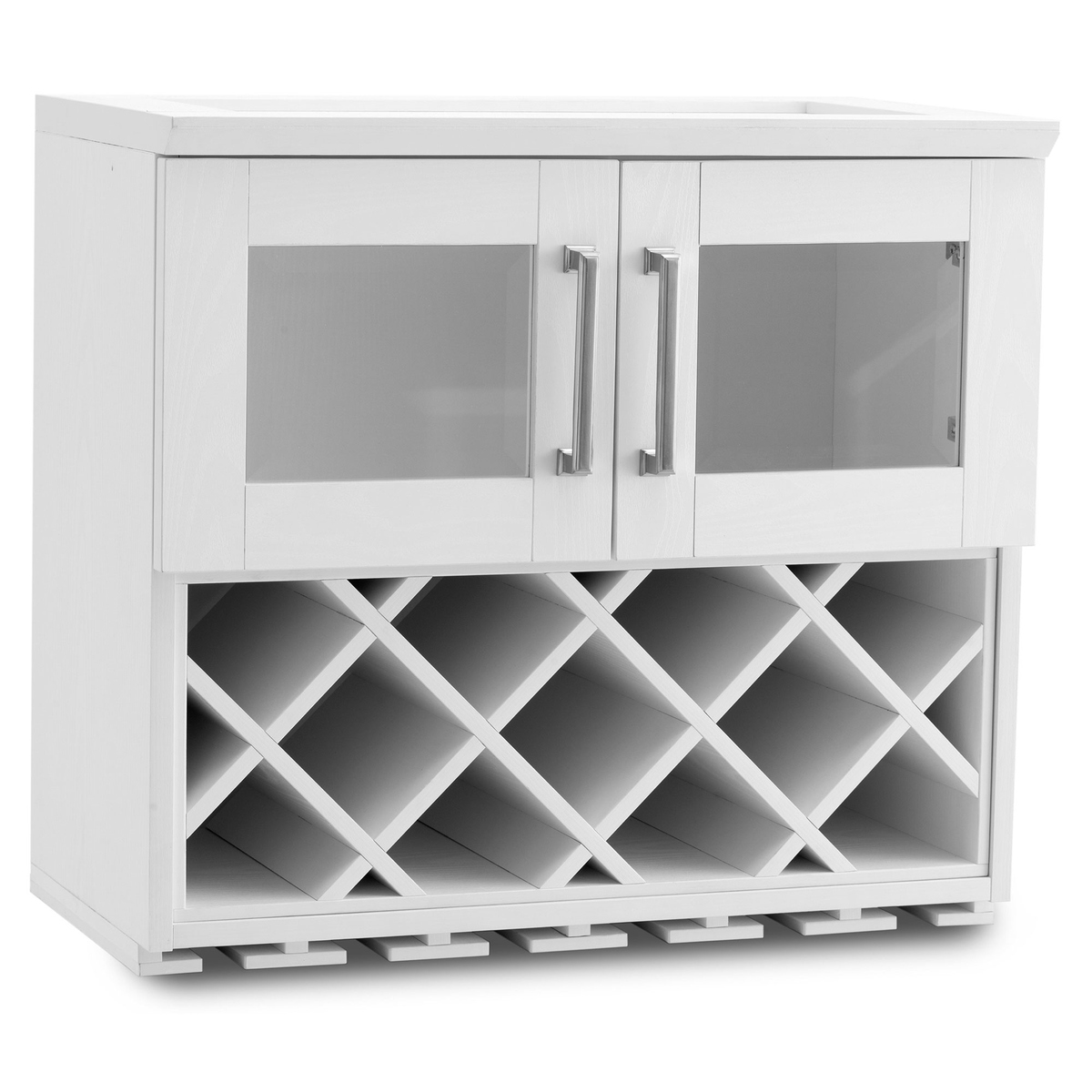
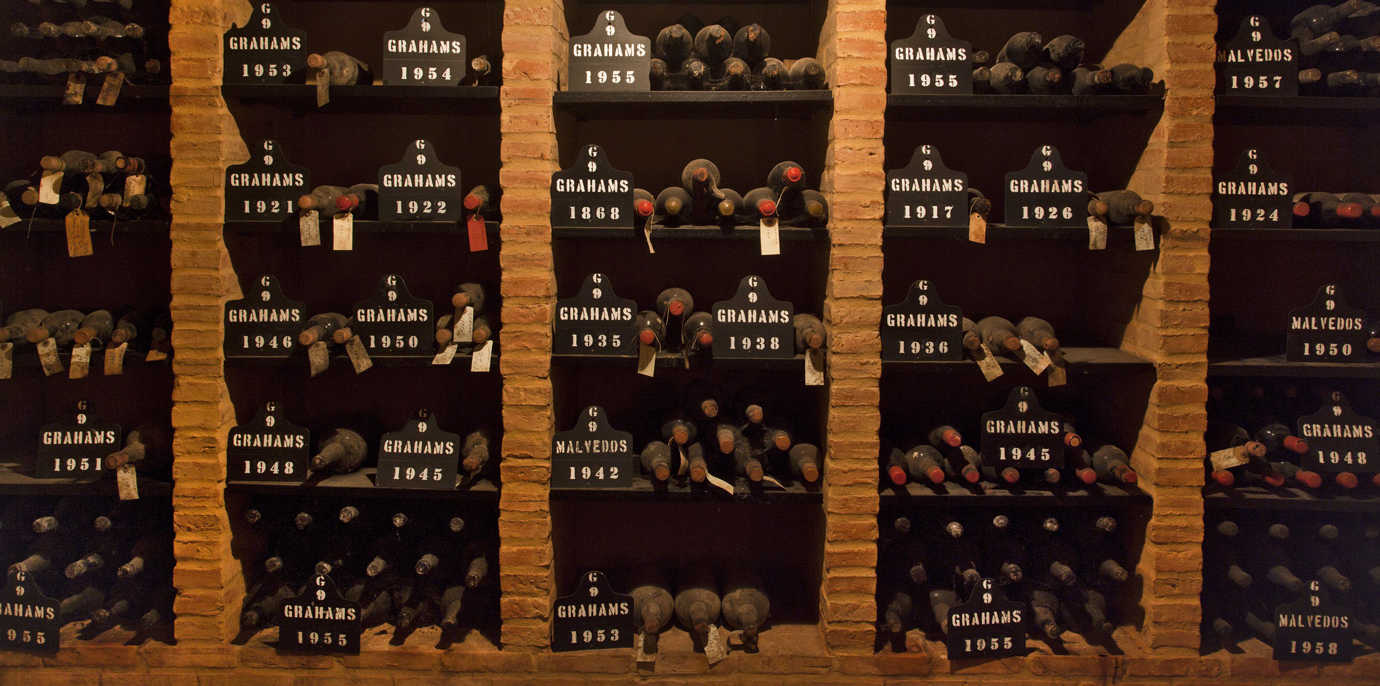


0 thoughts on “How To Store White Wine Vinegar”